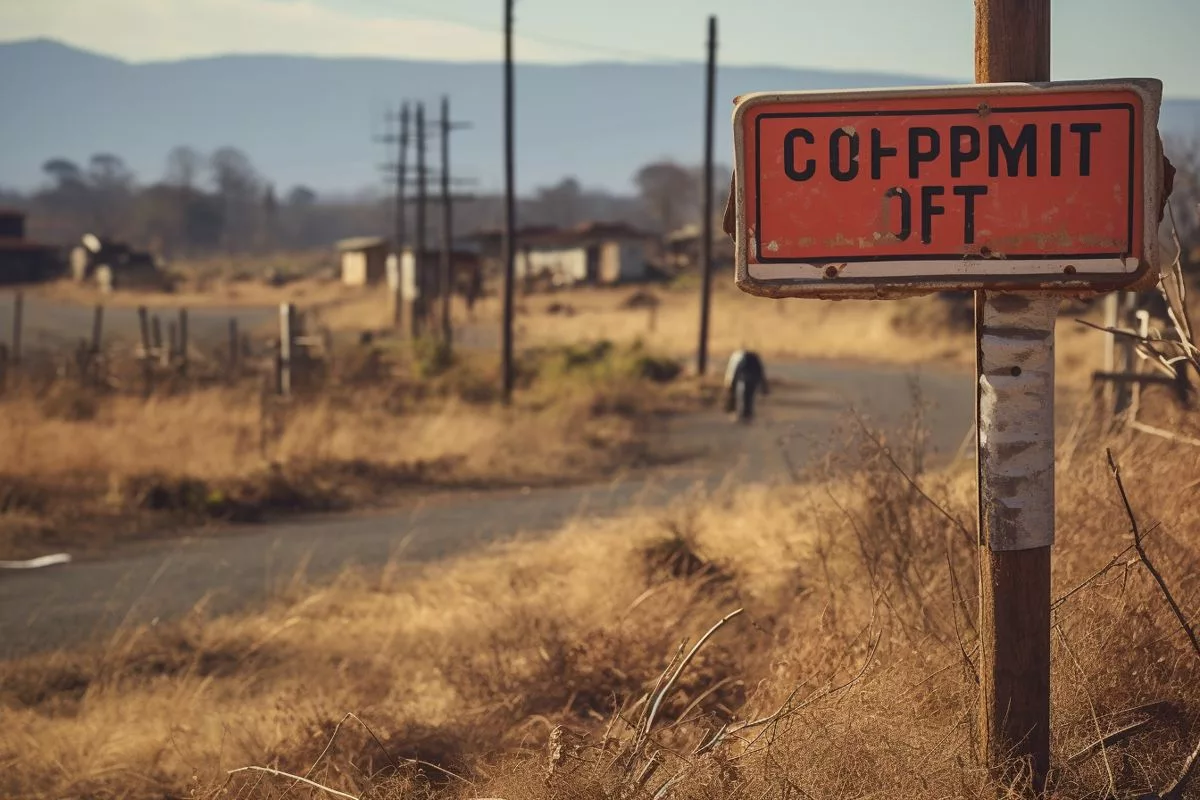Google Maps has taken an innovative approach to address safety concerns in South Africa by eliminating a high crime-rate route, labelling hazardous areas as high-risk zones, and suggesting alternative safer routes to travellers. Google partnered with the National Tourism Ministry to offer digital reinforcement to the industry and initiated conversations to formulate effective safety and security tactics. The Tourism Business Council of South Africa also introduced the Secura Traveller app with emergency response features. These efforts showcase the power of technology in augmenting travel safety and enhancing South Africa’s appeal as a globally recognized tourist destination.
How did Google Maps address safety concerns in South Africa?
Google Maps eliminated a high crime-rate route in South Africa’s Nyanga township after travellers were being directed towards it. Google partnered with the National Tourism Ministry to offer digital reinforcement to the industry and initiated conversations to formulate effective safety and security tactics. Google labeled hazardous routes as high-risk zones or crime hotspots and suggested safer alternative routes to travellers, discouraging them from entering crime-ridden zones. The Tourism Business Council of South Africa also introduced the Secura Traveller app with emergency response features.
Google Maps’ Taking Action on South Africa’s Safety Concerns
Explorers worldwide often resort to the technical mastery of Google Maps when navigating unfamiliar landscapes. However, an unsettling trend was noticed in South Africa, where innocent travellers were being directed towards Nyanga, a high crime-rate infamous township. Google, as a technological pioneer, took the initiative to rectify this issue by eliminating the contentious route from its navigation platform.
This vital decision was publicly declared by Alistair Mokoena, the director of Google South Africa, during a ceremony in Cape Town. This occasion signified the formalization of a partnership between Google and the National Tourism Ministry. This collaboration was aimed at boosting South Africa’s identity as a leading tourist destination and offering digital reinforcement to the industry.
Following this, a tragic event involving an American tourist, Walter Fischel, who was severely assaulted and robbed in Nyanga, led to the introduction of this safety measure. This distressing incident reflected a similar tragedy faced by British surgeon Dr. Kar Hao Teoh, who lost his life in a fatal shooting after accidentally arriving in the same dangerous district months beforehand.
Multi-Stakeholder Interaction to Bolster Safety Measures
These unfortunate events prompted Google to initiate discussions with various entities, including the Department of Tourism, Cape Town Tourism, and the City of Cape Town. The objective of these conversations was to formulate effective safety and security tactics to prevent such horrifying incidents from happening again.
The outcomes of this extensive interaction included enhancing the visibility of warning signs in high-risk areas, initiating campaigns to inform tourists about potential hazards, and urging travellers to arrange their trips with a greater degree of awareness.
At the heart of the strategy was Google’s groundbreaking mapping technology. This technology behemoth has labelled hazardous routes in places like Nyanga and the airport intersection as high-risk zones or crime hotspots. Thanks to this data-driven approach, Google could instruct its engineering teams to suggest safer alternative routes to travellers, thereby discouraging them from entering crime-ridden zones.
However, Mokoena admitted that while the current initiative is successful in avoiding suggesting crime-prone routes, it is impossible to predict where crime might occur next.
Technological Innovations and Covid-19 Response in the Tourism Sector
In the same vein of innovation, the Tourism Business Council of South Africa introduced the Secura Traveller app in August. This app comes with features such as emergency medical responses, breakdown assistance, and support for crime-related incidents. It also provides users with connections to a wide range of emergency service providers when necessary.
The Covid-19 pandemic has intensified the need for rapid economic recovery, especially in the tourism sector. In response, Google pledged to assist the South African tourism industry by making crucial initiatives and programs accessible.
This synergy between Google and the South African tourism industry is a hopeful sign of the power of technology in augmenting travel safety. Although the unpredictability of crime is a harsh reality, the effort to mitigate its effects signifies a dedication to protecting both the tourism economy and the welfare of travellers. South Africa continues to enhance its appeal as a globally recognized tourist destination through these efforts, showcasing its resolve to triumph over adversity with innovation and collaboration.
1. What did Google Maps do to address safety concerns in South Africa?
Google Maps eliminated a high crime-rate route in South Africa’s Nyanga township after travellers were being directed towards it. Google partnered with the National Tourism Ministry to offer digital reinforcement to the industry and initiated conversations to formulate effective safety and security tactics. Google labeled hazardous routes as high-risk zones or crime hotspots and suggested safer alternative routes to travellers, discouraging them from entering crime-ridden zones.
2. What is the Secura Traveller app?
The Tourism Business Council of South Africa introduced the Secura Traveller app with emergency response features. This app comes with features such as emergency medical responses, breakdown assistance, and support for crime-related incidents. It also provides users with connections to a wide range of emergency service providers when necessary.
3. How did the partnership between Google and the National Tourism Ministry help South Africa?
The partnership between Google and the National Tourism Ministry aimed at boosting South Africa’s identity as a leading tourist destination and offering digital reinforcement to the industry. This partnership led to the elimination of a high crime-rate route in South Africa’s Nyanga township and the labeling of hazardous routes as high-risk zones or crime hotspots.
4. What were the outcomes of the discussions initiated by Google in South Africa?
Discussions initiated by Google in South Africa resulted in enhancing the visibility of warning signs in high-risk areas, initiating campaigns to inform tourists about potential hazards, and urging travellers to arrange their trips with a greater degree of awareness.
5. How did Google pledge to assist the South African tourism industry during the Covid-19 pandemic?
Google pledged to assist the South African tourism industry by making crucial initiatives and programs accessible during the Covid-19 pandemic, which intensified the need for rapid economic recovery, especially in the tourism sector.
6. What is the significance of the synergy between Google and the South African tourism industry?
The synergy between Google and the South African tourism industry is a hopeful sign of the power of technology in augmenting travel safety. Although the unpredictability of crime is a harsh reality, the effort to mitigate its effects signifies a dedication to protecting both the tourism economy and the welfare of travellers. South Africa continues to enhance its appeal as a globally recognized tourist destination through these efforts, showcasing its resolve to triumph over adversity with innovation and collaboration.












